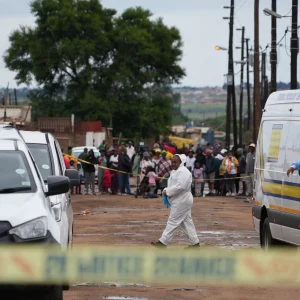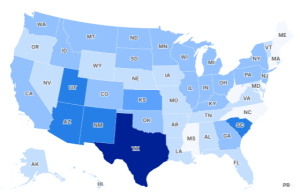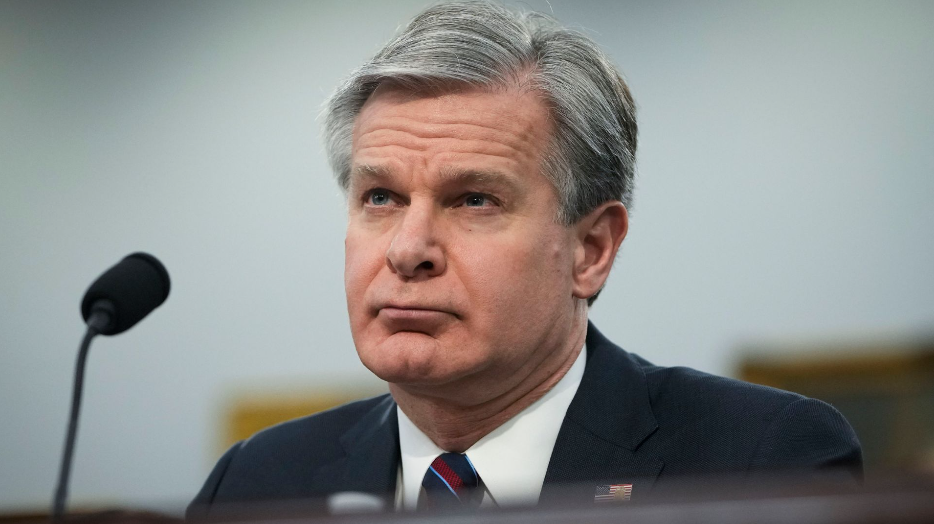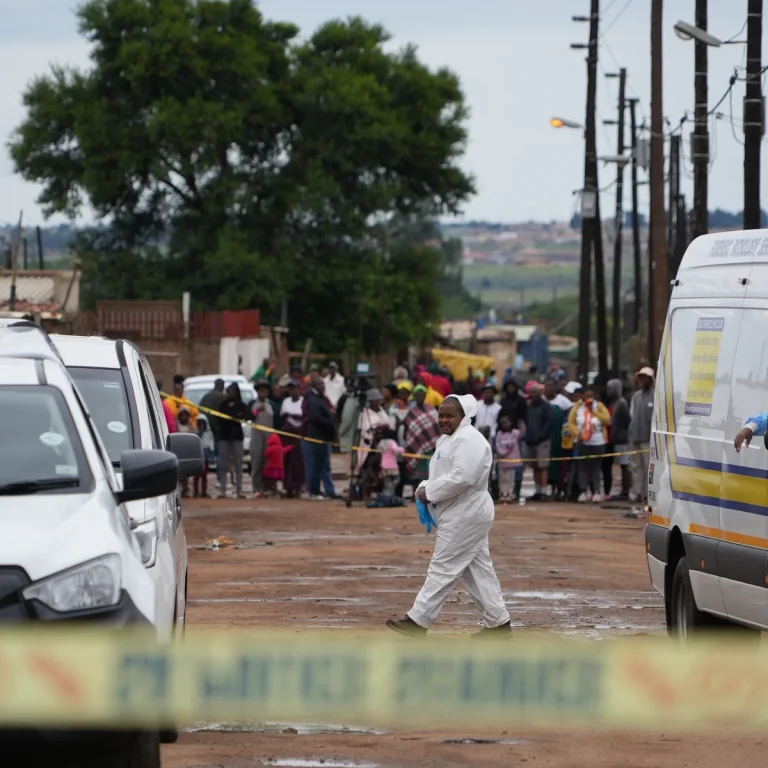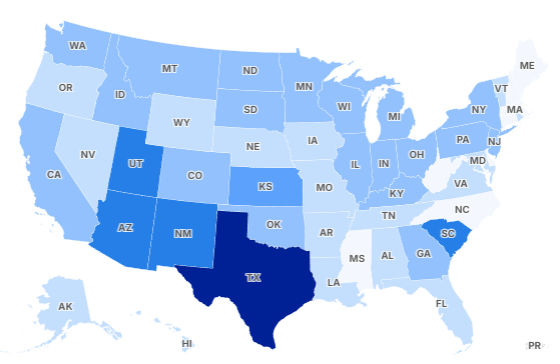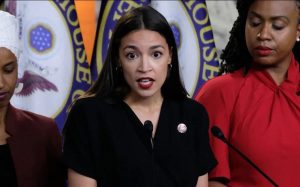Christopher Wray, the former director of the Federal Bureau of Investigation, has been officially referred to the Department of Justice for a criminal investigation by a government watchdog group based in Washington, D.C. The referral centers on allegations that Wray made false statements to Congress and obstructed investigations related to FBI conduct in two distinct matters.
The referral was submitted by the Oversight Project, an organization affiliated with the Heritage Foundation, which has been actively scrutinizing alleged abuses within federal agencies. The group’s complaint highlights Wray’s testimony before Congress concerning the FBI’s handling of a controversial internal memo as well as a purported suppression of an investigation into a Chinese-linked mail-in voting scheme during the 2020 election cycle.
The first matter involves the so-called Richmond memo, a document originating from the FBI’s Richmond Field Office, which surfaced publicly in early 2023 following whistleblower disclosures. The memo proposed monitoring certain Catholic communities suspected of harboring “radical traditionalist” extremists. It recommended using clergy and parish staff as “tripwires” and advocated surveillance of online groups connected to the Traditional Latin Mass.
Whistleblower Kyle Seraphin initially revealed the memo’s existence, which prompted congressional committees—including the House Judiciary Committee and the Select Subcommittee on the Weaponization of the Federal Government—to open investigations in February 2023. During a July 2023 congressional hearing, Wray acknowledged the memo but sought to minimize its significance, asserting that it was a “single product by a single field office” that he promptly ordered to be withdrawn upon discovery.
https://twitter.com/nicksortor/status/1951720704279261456
However, the Oversight Project contends that Wray’s characterization was misleading or false. They argue that the memo reflected a broader agency attitude and was not immediately retracted as Wray claimed. The watchdog asserts that this discrepancy amounts to knowingly providing false testimony to Congress.
The second allegation pertains to an investigation into counterfeit driver’s licenses purportedly produced by operatives linked to the Chinese Communist Party (CCP) and smuggled into the United States. Declassified documents released in June 2025 by Senator Chuck Grassley revealed that the FBI had received intelligence regarding the CCP’s production of thousands of fake IDs, allegedly intended to facilitate fraudulent mail-in voting during the 2020 presidential election in favor of Joe Biden.
According to the Oversight Project, the FBI suppressed this investigation, effectively burying the matter, and Wray is accused of misleading Congress about the FBI’s role in this suppression. The watchdog group insists that a thorough review is necessary to determine the veracity of these claims.
https://twitter.com/Real_RobN/status/1951733308867653865
Mike Howell, President of the Oversight Project, emphasized in an interview with Fox News Digital, “We’re asking officials to examine Director Wray’s congressional testimony about both the Richmond memo and the alleged Chinese election interference. The facts do not align with what Director Wray told Congress, and that must be addressed.”
The FBI has previously stated that the Richmond memo was promptly retracted upon its discovery and described the contents as inconsistent with the agency’s core values. Wray himself characterized the memo as “appalling.”
https://twitter.com/Real_RobN/status/1951687470673977347
This referral marks the latest chapter in a series of Republican-led investigations focused on allegations of political bias and misconduct within the FBI during and following the 2020 election cycle. The Oversight Project’s move to seek a criminal probe into Wray’s actions signals intensified scrutiny of the agency’s leadership and decision-making during a period of significant political turmoil.
As the Department of Justice evaluates the referral, attention will remain on how these allegations affect the FBI’s reputation and the broader discourse surrounding government transparency and accountability.

Emily Johnson is a critically acclaimed essayist and novelist known for her thought-provoking works centered on feminism, women’s rights, and modern relationships. Born and raised in Portland, Oregon, Emily grew up with a deep love of books, often spending her afternoons at her local library. She went on to study literature and gender studies at UCLA, where she became deeply involved in activism and began publishing essays in campus journals. Her debut essay collection, Voices Unbound, struck a chord with readers nationwide for its fearless exploration of gender dynamics, identity, and the challenges faced by women in contemporary society. Emily later transitioned into fiction, writing novels that balance compelling storytelling with social commentary. Her protagonists are often strong, multidimensional women navigating love, ambition, and the struggles of everyday life, making her a favorite among readers who crave authentic, relatable narratives. Critics praise her ability to merge personal intimacy with universal themes. Off the page, Emily is an advocate for women in publishing, leading workshops that encourage young female writers to embrace their voices. She lives in Seattle with her partner and two rescue cats, where she continues to write, teach, and inspire a new generation of storytellers.
